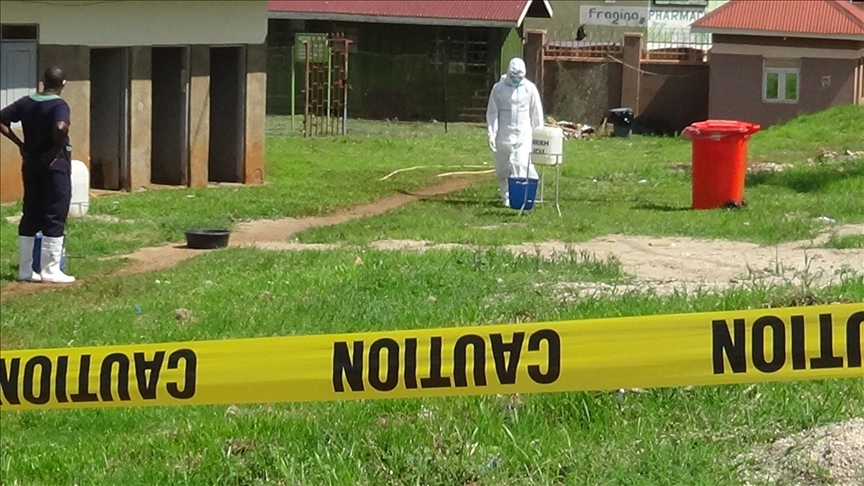Uganda on Saturday declared an end to the country's latest Ebola outbreak, three months after cases were confirmed in the country.
Emmanuel Ainebyona told Anadolu that it has been 42 days without a new case since the last confirmed patient was discharged.
The East African nation announced on Jan. 30 the latest outbreak, the Sudan strain of the virus which has no approved vaccine.
According to the Health Ministry, since the outbreak was declared, 12 confirmed cases of Ebola have been recorded, of which 10 patients recovered, while two died. Two other cases that were not confirmed after laboratory tests.
Cases were recorded in seven districts and three cities, according to Health Minister Jane Ruth Aceng.
WHO chief Tedros Adhanom Ghebreyesus applauded the Ugandan Health Ministry for its “leadership and commitment” in overcoming the outbreak. “Congratulations to the government and health workers of Uganda on ending the Ebola outbreak,” he said on X.
“Uganda’s leadership and resilience were crucial in containing this outbreak,” said Kasonde Mwinga, the WHO representative in Uganda. “From day one, WHO worked hand-in-hand with the Ministry of Health, deploying expertise, providing essential supplies, and ensuring every suspected case was investigated. The people of Uganda have shown extraordinary resolve.” By Hamza Kyeyune, Anadolu Agency






